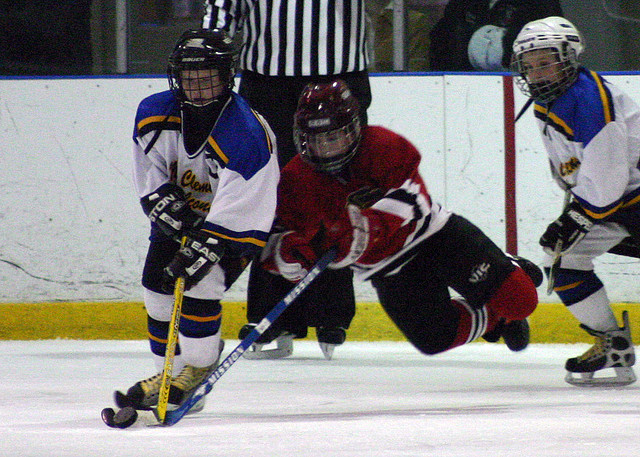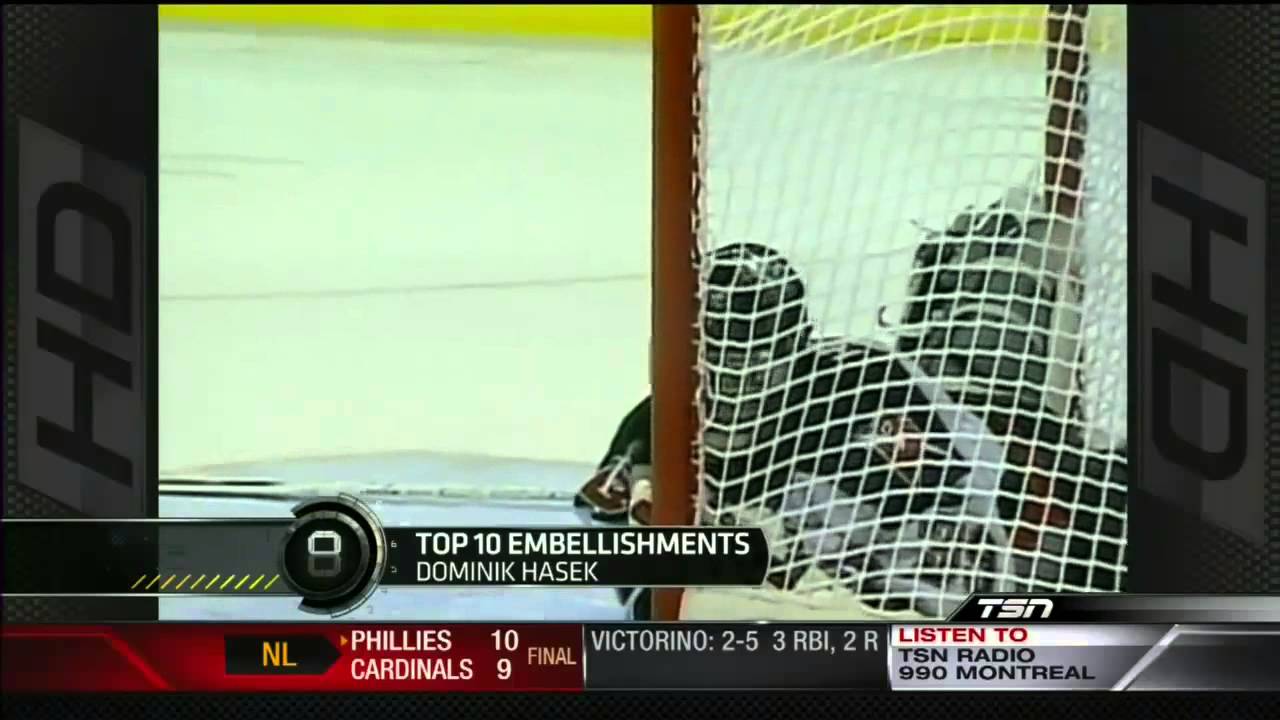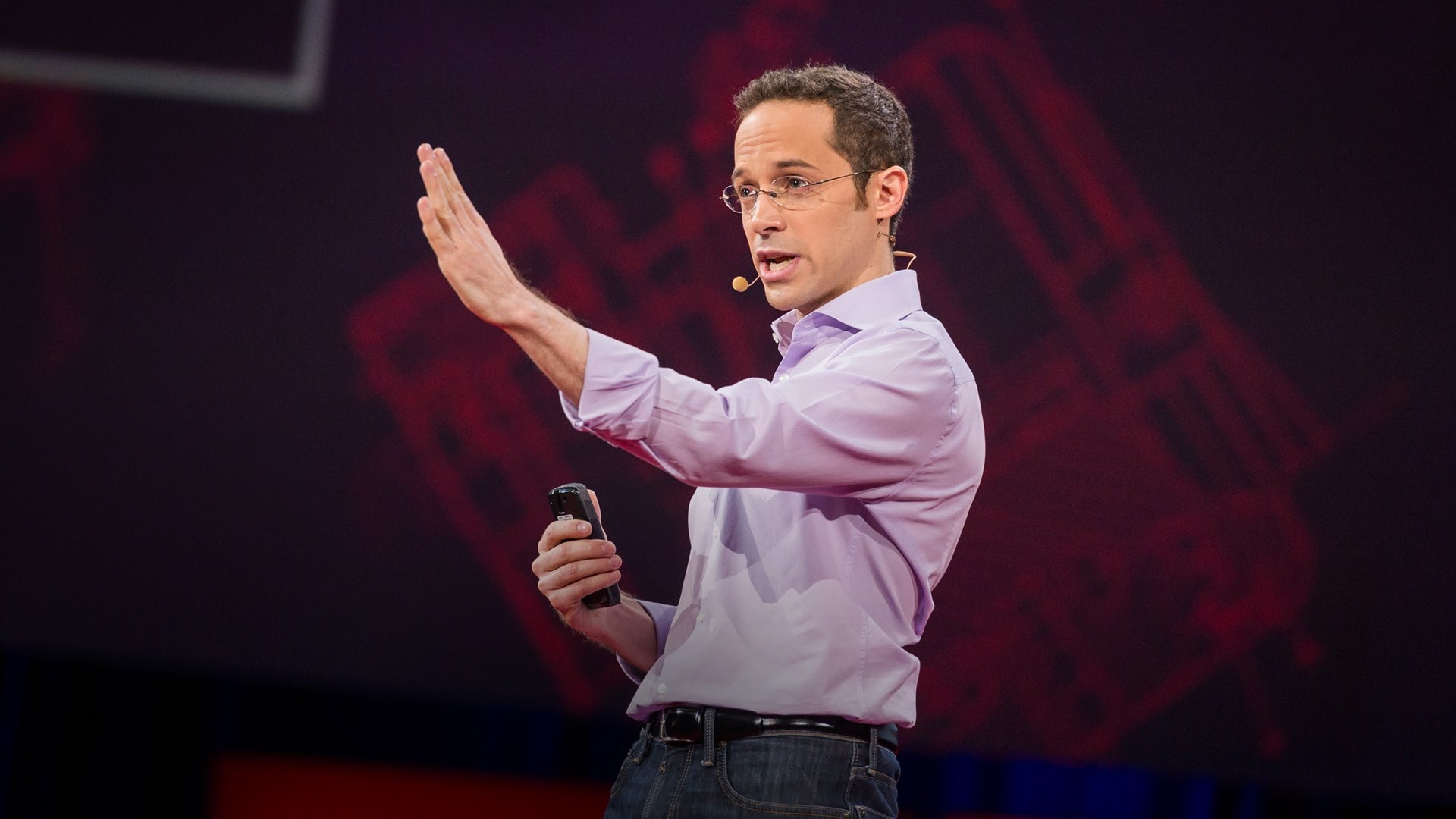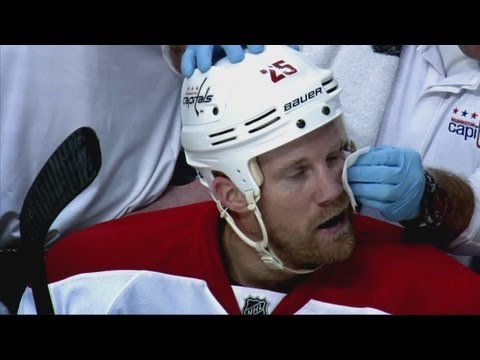How To Keep Your Sanity As A Hockey Parent
It is easy for the excitement of hockey fanaticism to have a negative impact on our kids. When they are starting to play, our knowledge (and skills for many of you – I was never a good hockey player) far surpasses theirs. And we feel the need to impart the knowledge all at once. And to make sure that they have all of the best opportunities and play for the best teams. I know that is true for me. I went through an initial phase of trying to help them all the time. I am much more mellow now.
Although I don’t subscribe to some recent psychology saying that you can’t be negative or positive with your kids’ activities – both can cause pressure. No thanks. I don’t want to be neutral.
Jamie McKinven was a professional hockey player and writes a blog over at Glass and Out. He offers a lot of good advice to players and parents. He recently shared some tips on maintaining your sanity.
Which areas are hardest for you to manage?
1. Hockey is a Fun Game, Period
The number one goal in all youth sports is to have fun. Hockey, at its purest form, is recreation and nothing more. When kids begin playing hockey, they don’t know the meaning of the word “Salary”. They have no idea what a contract is or an agent or why NHL players go from one team to another. When kids first develop an interest in hockey, it is purely for fun. Too often this cold hard fact is forgotten and becomes lost amid a tornado of ego, politics and misdirection. When things become hairy and stress levels escalate, take a deep breath and read that three-letter word over and over again—F-U-N, F-U-N, F-U-N…
2. Development is More Important Than Winning
Not too long ago, I had the unenviable task of listening to a parent tell me that their 10-year-old son has been crying himself to sleep for the past week because he has been getting two shifts a game, rotting on the bench. The coach wants a championship and because it is the AAA level, has decided that he will do whatever it takes to win.
Some people say, “When you’re playing AAA hockey, it’s about winning and if kids sit on the bench, they sit on the bench. If you want to get equal playing time, go play house league.” I completely disagree with this. The fact is, every parent pays for their kid to play at the AAA level and the mandate is still development and fun. It’s not junior hockey, college hockey, or pro, where players are commodities. We’re talking about 10-year-old kids with developing bodies and minds.
When I was 10 years-old, we won a few tournaments. 20 years later, I couldn’t tell you where the tournaments were even held and all of the trophies and medals I received are long gone and forgotten. I’m not where I am today because I won a 50 cent plastic medal at the Eganville Invitational in 1991. Winning is not important when you’re 10 years-old.
3. Don’t Worry About Status
The biggest misconception in hockey today is that if you aren’t playing AAA, you’re not going anywhere. I hear it all the time: parents stressing because their kid got cut from the AAA team. It’s the obsession with the letters in rep hockey. It’s a ridiculous obsession with status.
The fact is kids are going to develop at different stages. The kid who dominates in atom isn’t necessarily the kid who dominates in bantam, midget or junior. In fact, that 10-year-old prodigy may be out of hockey within three or four years. Most of the kids who dominate at early ages are the bigger kids who are just physically stronger than everyone else. Within a couple of years, everyone else catches up and then it might be someone else who emerges.
From atom to minor bantam (10 to 14 years-old) I played AAA. For the majority of that time, I rotted on the bench. I was always the smallest kid on the team and always had coaches who were obsessed with winning. I loved hockey, which is what kept me going, but I saw a lot of kids who were in similar positions as I was pack it in. The turning point in my career came when I was 15 and was cut from the major bantam AAA team (Which at that time was the major junior draft year). I went down and played A level bantam and had the best year of my life. I had a great coach who played everyone and I was playing at a level that was perfect for my development at that time.
The next season, I played junior C followed by four seasons of tier II junior A hockey. I then received a full-scholarship to play in the NCAA at Clarkson University and, after graduation, played four seasons of professional hockey in the ECHL, CHL and in Europe. If I hadn’t been cut and gone down to play A level bantam, I never would have played beyond minor hockey. It was an experience that opened my eyes and changed my life.
Playing against the best players possible doesn’t necessarily make you a better player. It’s no different than bringing up a rookie too soon to the NHL. In the long-run, it is better to play at levels that are ideal for the moment, while developing your skills and increasing your confidence.
4. Don’t Compare
One of the worst things parents do in minor hockey is compare their kid to other kids on their team. This does nothing but create animosity. This is a terrible result of insecurity and jealousy and can have damaging effects on kids. Comparing kids creates strained relationships between parents, which often filters down to the kids. It’s the, “Why is Jimmy getting more icetime than Johnny?” Or, “Why is Johnny’s line starting on the power play?” It’s no different than typical workplace jealousy. It spirals into paranoia. If you, as a parent, act like this, your kid will see it and constantly compare themself to everyone else, which is extremely detrimental to confidence.
Check out the rest of the article here.
Image courtesy of Michael Beck.



